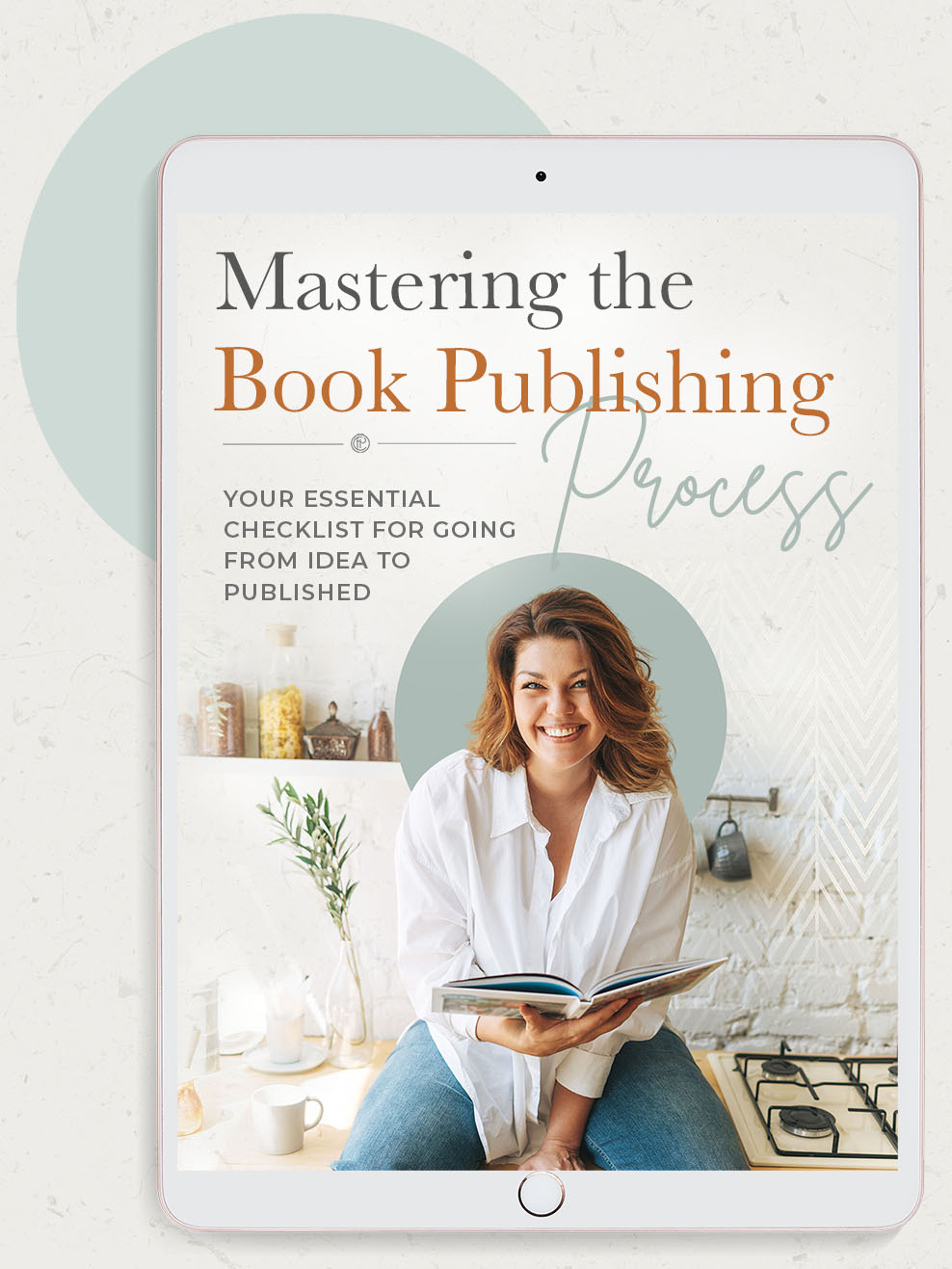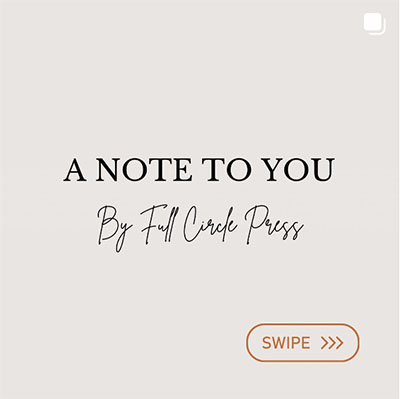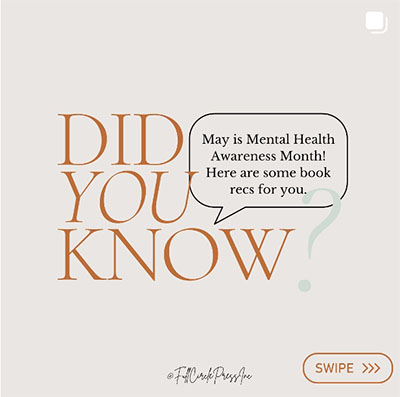If writing a book were easy, everyone would do it. I personally believe that the act of creating something from scratch is daunting, especially when you’ve never done it before. When you write a book, whether fiction or nonfiction, you’re taking thoughts, ideas, and even emotions that have been residing in your mind, organizing them into structured paragraphs, and then organizing those structured paragraphs into chapters. I don’t know about you, but that doesn’t seem easy at all.
I think author, Megan Abbott, summed up writing a book nicely with this quote: “The solitariness of it, the elusiveness of it. If forced, we could generate words, sentences, paragraphs, but it would be meaningless. So, the thing that makes it a story, the words that etch out a character that the reader can see and feel and hear … there’s plenty of tricks to get there. You can create the conditions for that element to come forward, and do what you can to push yourself into that state that makes it happen … but part of it remains mysterious.”
While there is an element of mystery around writing a book, we, as writers, can create conditions that make the process both easier and more clear. Personally, I’ve found that a daily writing practice facilitates creativity and lessens the occurrence of writer’s block. Exercising my writing muscles daily allows me to figure out what style of writing works best for me based on the writing project I’m undertaking. I’m able to experiment with different literary tools to get my point across and convey the emotion the story requires.
Writing daily also gives me the opportunity to make mistakes and rewrite whatever it is I’m working on. I’ve come to learn that writing a book happens through trial and error; you often figure out what works along the way, and the only way to do that is to write daily.
A good friend and fellow writer gave me a mantra that I live by to this day: “If you don’t have time to read, you don’t have time to write.” Reading allows us to study the craft of writing by exposing us to different writing styles and techniques. We can learn how to effectively use literary tools such as alliteration and imagery to convey emotion and reiterate a common theme in our book.
Reading both inside and outside our genre provides us with ample examples of how to craft a story, showing us how to develop characters and construct an engaging plot. By reading voraciously, we can see that writing a book is indeed feasible and not an impossible task.
The process of writing a book might seem monumental, but if you break it down into manageable chunks, you’ll undoubtedly feel less overwhelmed. When I was writing my book, I got overwhelmed by all the rewrites I had to do. What helped lessen the stress of rewriting my book was to break down my rewrites by chapter. Each week, I would rewrite a chapter of my book.
Rewriting a chapter a week sounded a lot more feasible than rewriting an entire book. When you break down your book project into doable tasks, be realistic. Don’t bite off more than you chew, as they say. Identify your goal for each task and work toward that goal.
While writing a book is hard, it is important to know that it is not impossible. If you establish a daily writing practice, read regularly, and set realistic writing goals, you’ll find that your dream of writing a book will slowly become a reality. One thing that helped me make my writing dream a reality was to stop comparing myself to my fellow writers. I realized that I dictated my success and started setting goals that I knew I could achieve. I encourage you to do the same and believe that you have the power to write the book of your dreams.










